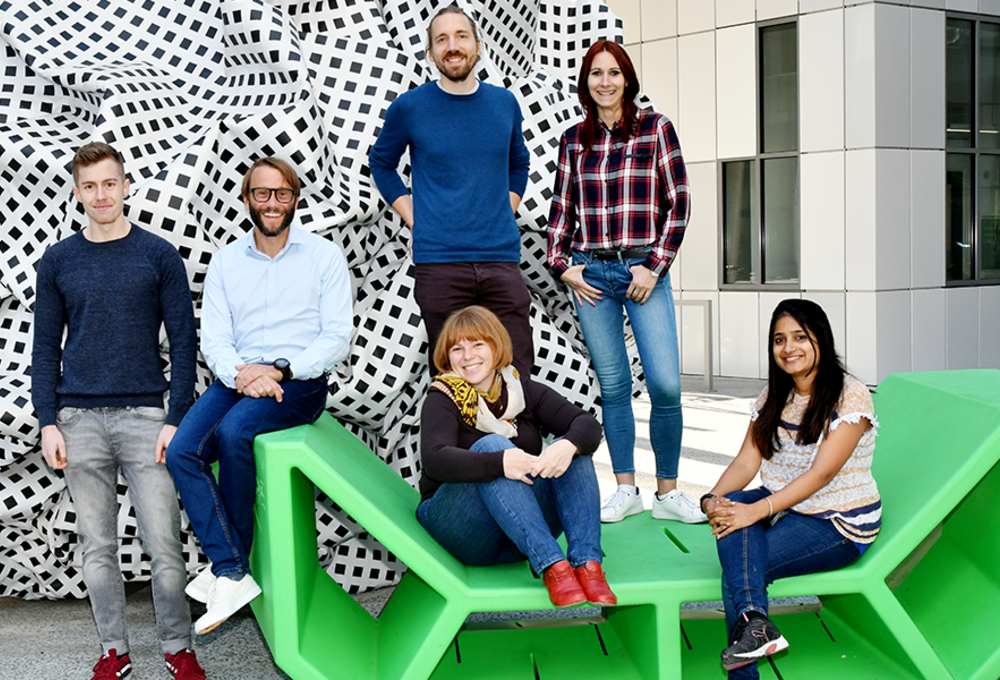-
The University
- Welcome
- Who we are
- Media & PR
- Studying
-
Research
- Profile
- Infrastructure
- Cooperations
- Services
-
Career
- Med Uni Graz as an Employer
- Educational Opportunities
- Work Environment
- Job openings
-
Diagnostics
- Patients
- Referring physicians
- Health Topics
- Health Infrastructure
Research team Gorkiewicz
Research focus: Microbiom
PI: Gregor Gorkiewicz
Focus: The microbiome refers to all microorganisms associated with our body and mainly comprises bacteria, fungi, and viruses. These microorganisms are now understood to be an integral part of our body. They are essential for many metabolic and immune functions and thus influence the entire physiology of humans. Inflammatory and immunological diseases, but also cancer and even our behavior (the so-called gut-brain axis) can be directly and indirectly influenced by microbial factors. The analysis of the microbiome is a diagnostic method that allows predictive forecasts to be made for certain diseases and therapies. Targeted modulation of the microbiome (e.g., stool transplantation) enables specific pathological changes in the microbiome to be corrected and has proven to be extremely effective in certain diseases (e.g., antibiotic colitis). The research group's goal is to investigate the microbiome as a pathogenetic factor in disease development, establish microbiome-based diagnostic methods, and develop microbiome-based therapies.
Networking: We cooperate in the field of “Gastrointestinal Microbiome and Fecal Transplantation” with: Division of Gastroenterology & Hepatology, Medical University of Graz & Medical University of Innsbruck; Molecular Microbiology, Karl-Franzens University Graz; University of Hohenheim, Stuttgart, GER; Dept. Internal Medicine & Microbiology, New York University, NY, USA. In the field of “Microbiome and Cancer Development,” we collaborate with the University Clinic for Dermatology and Venereology, Medical University of Graz, and the German Cancer Research Center, Heidelberg, GER.




